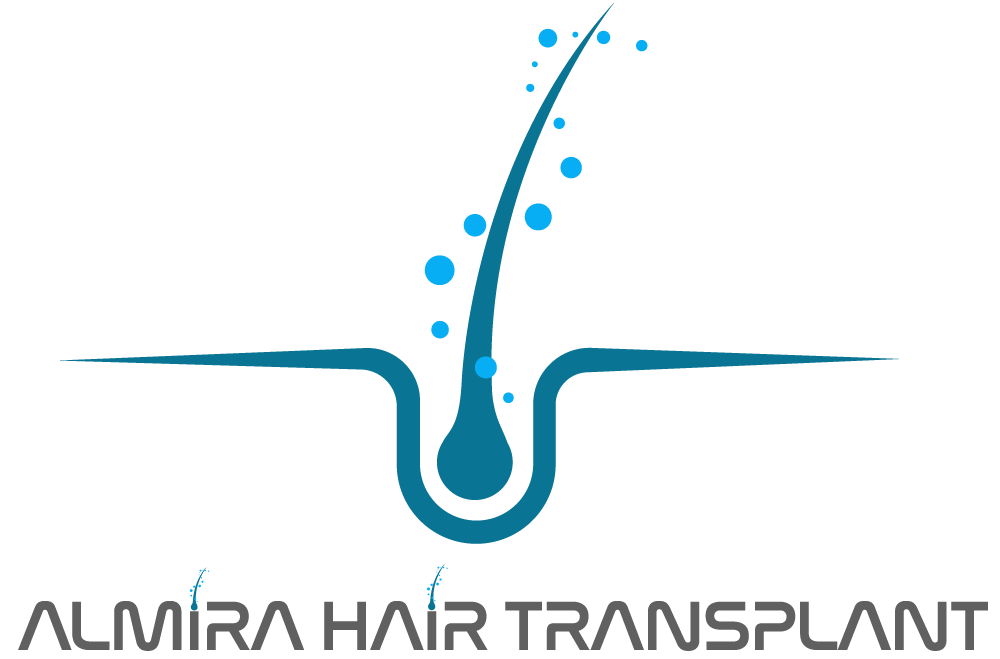Dental Health During Pregnancy: Safe Treatments for Mother and Baby

Dental Health During Pregnancy: Safe Treatments for Mother and Baby
Pregnancy brings many physical and hormonal changes. Many of these changes also affect oral and dental health. Studies show that neglecting dental care during pregnancy can negatively impact both the mother’s and the baby’s overall health. For this reason, being informed about safe dental treatments during pregnancy helps expectant mothers maintain a healthy pregnancy.
Why Do Dental Problems Increase During Pregnancy?
The increase in estrogen and progesterone hormones during pregnancy can lead to sensitivity and inflammation in the gums. This condition is known as “pregnancy gingivitis.” Symptoms include:
-
Bleeding gums
-
Swelling and redness
-
Bad breath
Additionally, increased stomach acid reaching the mouth and vomiting can lead to the erosion of tooth enamel.
Is Treatment Necessary? When Should It Be Done?
To prevent dental issues from progressing, regular dental check-ups throughout pregnancy are essential. Generally, the safest period is the second trimester, between weeks 13–27. During this time, dental cleanings, fillings, and urgent treatments can be performed safely. However, unless absolutely necessary, interventions are not recommended in the first trimester. In the third trimester, long procedures are discouraged as lying on the back for extended periods may impair circulation.
Safe Dental Treatments During Pregnancy
Some safe dental procedures that can be performed during pregnancy include:
-
Dental cleaning: Helps prevent gum inflammation.
-
Fillings: Treat cavities before they progress.
-
Gum treatment: May involve controlled antibiotic use when necessary.
-
Tooth extractions in painful situations: Can be safely planned in emergencies.
X-rays are taken only when absolutely necessary and with protective measures like lead aprons.
Use of Anesthesia and Medication
Local anesthesia can be used in controlled doses during pregnancy. Dentists prefer anesthetic substances deemed safe for pregnancy. As for antibiotics and painkillers, medications approved for use during pregnancy and recommended by a doctor should be chosen. Paracetamol is one of the most commonly preferred options for managing pain.
What to Watch for in At-Home Care
Oral hygiene becomes even more important during pregnancy. Key practices include:
-
Brushing at least twice a day with fluoride toothpaste
-
Cleaning between teeth with dental floss
-
Avoiding sugary foods
-
Drinking plenty of water
-
Rinsing the mouth instead of brushing immediately after vomiting
These habits support the health of both the mother and the baby.
Does It Affect the Baby?
Infections and inflammations in the mouth can spread through the body and increase the risk of premature birth. In particular, gum disease has been linked to preterm delivery in many scientific studies. Therefore, oral and dental health should not be neglected before or during pregnancy.
Conclusion
Special attention must be given to oral and dental health during pregnancy. Regular check-ups, proper home care, and following the dentist’s advice support both the mother’s health and the baby’s development. It should not be forgotten that a healthy mouth is an important part of a healthy pregnancy.


